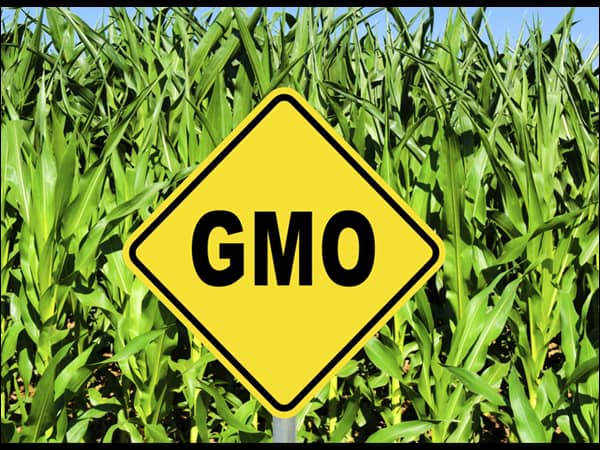By Ibrahim Ridwanullahi
With food insecurity and climate challenges pressing hard on Africa, few topics in agriculture stir as much passion as Genetically Modified Organisms (GMOs). Supporters appraise them as a solution to hunger and malnutrition, while critics warn of health risks, corporate control, and loss of biodiversity.
Nigeria being at a crossroad on biotechnology adoption, this reporter, Ibrahim Ridwanullahi sought scientific views of A. M. Gummi, an Associate Professor of Plant Physiology and Genomics, doubling as Deputy Director of Research & Innovation at Usmanu Danfodiyo University, Sokoto (UDUS). Associate Prof. Gummi, who has worked on engineering African rice, offers clarity on some of the most debated questions.
Reporter: Are GMO seeds designed to be one-off — not replantable?
Prof. Gummi: That is a common misconception. Most GMO seeds can, in fact, be replanted. Restrictions usually come from the companies that develop them, mainly to protect their intellectual property. Producing genetically engineered seeds requires heavy investment, so some firms use patents or technologies like Genetic Use Restriction technology (GURT) that make the seeds sterile, ensuring farmers must purchase fresh ones each season.
In other cases, GMO crops are developed as hybrids — such as NERICA rice — and hybrids naturally produce less viable seeds. Overall, GMOs are not inherently sterile; what prevents replanting is often a matter of company policy rather than science.
Reporter: Are GMO products safe for human consumption?
Prof. Gummi: To date, no credible evidence shows GMO foods are unsafe. On the contrary, they are often designed to be more nutritious. A well-known example is Golden Rice, which was developed to contain vitamin A and help fight deficiency, a major cause of blindness in children.
Every GMO product undergoes rigorous testing before release. In Nigeria, the National Biosafety Management Agency (NBMA) oversees this process, while international bodies such as the World Health Organization and the U.S. National Academies of Sciences have also affirmed GMO safety.
The fear that harmful laboratory chemicals remain in GMO crops is misplaced. Substances used during development do not persist in the final food, as extensive testing has confirmed.
Reporter: Do GMOs threaten the survival of indigenous varieties?
Prof. Gummi: It is true that some traditional varieties may decline when farmers adopt GMO crops that yield better. This is the nature of technological progress — just as cassette tapes and old Nokia phones gave way to more advanced tools, farmers naturally prefer crops that perform better.
That said, it is the responsibility of local authorities to conserve indigenous seeds. Through seed banks and research centers, we can preserve traditional varieties while still embracing improved ones. Biodiversity does not have to be sacrificed in the process.
Reporter: Are GMOs mainly a foreign agenda that neglects Africa’s needs?
Prof. Gummi: The perception that GMOs are controlled only by foreigners exists because Africa has not invested enough in developing its own. The technology is open for every country to use. Nations like India, Bangladesh, and Kenya are already producing GMO crops tailored to their needs.
Africa lags behind not because we are excluded, but because we have not built the research infrastructure or invested in local capacity. With dedicated facilities, trained scientists, and proper oversight, we can develop crops suited to our soils, climates, and farmers. The solution is not to reject biotechnology but to take ownership of it.
The GMO debate may continue, but one point is clear: genetically engineered crops are not inherently unsafe, nor are they automatically destructive to local agriculture. As Prof. Gummi emphasizes, biotechnology is a tool— powerful, complex, and shaped by how societies choose to utilize it. For Africa, the real challenge lies in policy choices: how governments regulate biotechnology, how research institutions preserve biodiversity, and whether African nations take ownership of the technology to serve their people.




